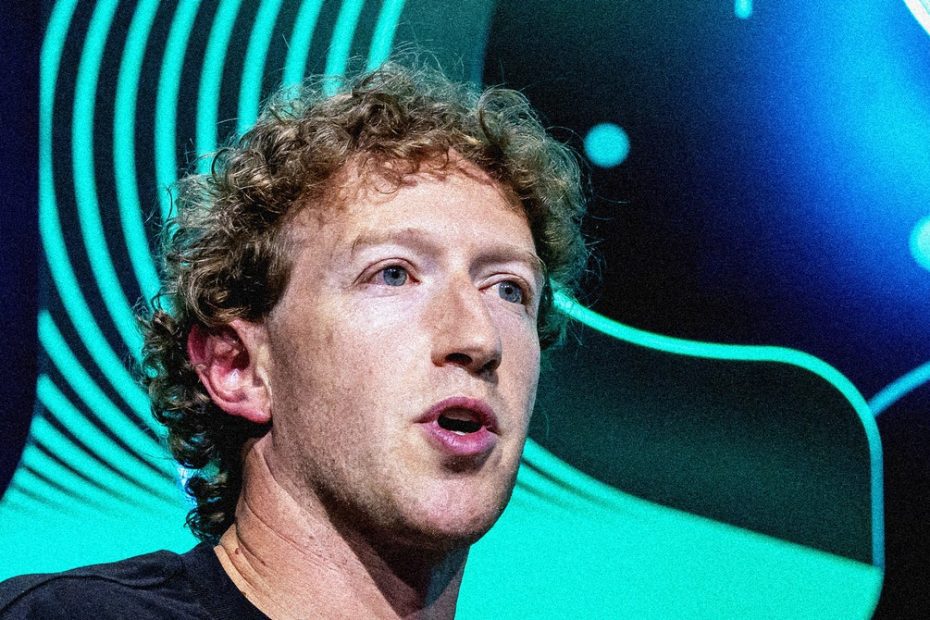There was a time when Mark Zuckerberg didn't view the mainstream media as the enemy. He even let me, a media person with an inheritance card, into his house. In April 2018, I ventured there to hear his plans to do what was right. It was part of my years-long integration into Facebook to write a book. Over the past two years, Zuckerberg's company has been roundly criticized for its failure to rein in misinformation and hate speech. Now the young founder had a plan to address this.
Part of the solution, he told me, was more content moderation. He would hire many more people to investigate messages, even if it cost Facebook significant capital. He would also step up efforts to use artificial intelligence to proactively remove harmful content. “It's no longer enough to give people the tools to say what they want and then let our community just flag them and try to respond afterwards,” he told me as we sat in his sunroom. “We need to focus more on that and play a more active role.” He admitted that he was slow to realize how harmful toxic content on Facebook was, but now he was determined to solve the problem, even if it could take years. “I think we're doing the right thing,” he told me, “but we should have done it sooner.”
Seven years later, Zuckerberg no longer thinks more moderation is the right thing to do. In a five-minute film, he characterized his actions to support it as an unfortunate collapse of the government's bluster on Covid and other topics. He announced a shift away from content moderation — no more proactive takedowns and a pushback on misinformation and hate speech — and the end of a fact-checking program aimed at countering the lies circulating on its platforms. Fact-checks from trusted sources would be replaced by “community notes,” a crowdsourcing approach in which users provide alternative views on the veracity of messages. That technique is exactly what he told me in 2018 was “not enough.” While he now admits his changes will enable “more bad things,” he says it will be worth it in 2025 when more “free speech” will flourish.
The policy change was one of many moves that indicate that whether Zuckerberg wanted to do it all along or not, Meta is positioning itself in line with the new Trump administration. You've heard the litany, which has become a meme in itself. Meta promoted its top lobbyist, former GOP operative Joel Kaplan, to chief global affairs officer; he immediately appeared on Fox News (and only Fox News) to tout the new policy. Zuckerberg also announced that Meta would move employees who write and review content from California to Texas, to “ease concerns that biased employees are overly censoring content.” He disbanded Meta's DEI program. (Where is Sheryl Sandberg, who was so proud of Meta's diversity efforts. Sheryl? Sheryl?) And Meta has changed some terms of service specifically to allow users to downgrade LGBTQ people.
Now that it's been a week since Meta's about-face – and my first look at Zuckerberg's speech – I'm particularly haunted by one aspect: he seems to have degraded the basic practice of classical journalism, characterizing it as no better than the unreported observations from podcasters. influencers and tons of random people on his platforms. This was alluded to in his Reel when he repeatedly used the term “legacy media” as a pejorative: a force that, in his view, encourages censorship and suppresses free speech. All this time I was thinking the opposite!
A whiff of his revised version of trustworthiness comes from the shift from fact-checkers to community notes. It's true that the fact-checking process didn't work well — in part because Zuckerberg didn't defend the auditors when ill-intentioned critics accused them of bias. It is also reasonable to expect that community notes are a useful signal that a message may be misleading. But the power of refutation fails when participants in the conversation reject the idea that disagreements can be resolved by compelling evidence. That's a key difference between fact-checking – which Zuckerberg got rid of – and the community noticing he's implementing. The fact-checking worldview assumes that definitive facts, obtained through research, talking to people, and sometimes even believing your own eyes, can be decisive. The trick is recognizing authorities who have earned the public's trust by pursuing the truth. Community Notes welcome alternative insights, but it is entirely up to you to judge which ones are reliable. There is something in the canard that an antidote to bad speech is more speech. But if verifiable facts cannot successfully refute the easily refuted flapdoodle, we are stuck in a suicidal Quicksand of Babel.
That is the world that Donald Trump, Zuckerberg's new role model, consciously wanted to realize. 60 minutes reporter Leslie Stahl once asked Trump why he insulted reporters who were just doing their job. “Do you know why I do it?” he replied. “I'm doing it to discredit and humiliate you all so that no one will believe you when you write negative stories about me.” In 2021, Trump further announced his intention to capitalize on an attack on the truth. “If you say it enough times and keep saying it, they will start to believe you,” he said during a meeting. One consequence of this is that if social media promotes untruths enough, people will believe them. Especially when previously recognized authorities are discredited and humiliated.

